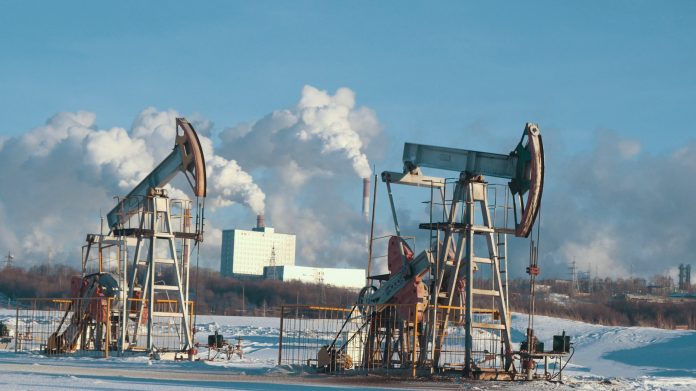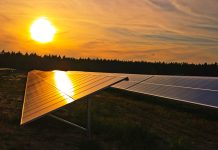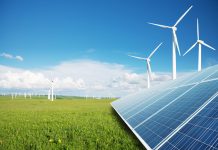The EU announced further energy sanctions on Russia, with supply of crude oil to be phased out “within six months”
As the war in Ukraine continues, Europe is seeking to change their fuel infrastructure – aiming to move away from Russian sources of energy.
President Ursula von der Leyen, speaking on 4 May, said that Member States would phase out their Russian supply of crude oil “within six months”, with use of refined products to stop by the end of 2022.
27% of the EU supply of crude oil comes from Russia
Numbers from Eurostat find that in 2019, 27% of crude oil imports, 41% of natural gas, and a hefty 47% of coal came from Russia. These exact numbers are different from country to country, with Italy mainly relying on Russian gas, while Malta and Greece depend on imports of petroleum products.
The IPCC report, written over eight years by over 700 scientists, found that it take 20-30 years for global temperatures to stabilise, even if carbon emission targets were met. Climate and humanitarian concerns hang on the functional transition away from Russian oil, coal and gas.
In March, President von der Leyen said that there would be a focused acceleration of the EU Green Deal to counteract financial support of Russian violence in Ukraine.
She further said: “Let us be clear: it will not be easy. Some Member States are strongly dependent on Russian oil. But we simply have to work on it. We now propose a ban on Russian oil. This will be a complete import ban on all Russian oil, seaborne and pipeline, crude and refined.
“We will make sure that we phase out Russian oil in an orderly fashion, in a way that allows us and our partners to secure alternative supply routes and minimises the impact on global markets.”
It may be difficult to get all 27 countries on board with a full ban in this timeframe
The ban on oil imports is ambitious, but needs to be approved across all 27 Member States first. Some of these countries are highly dependant on Russian energy sources, leaving them at risk of economic issues or immediate retaliation from Russia.
As of 2020, the EU had 21.3% share of energy from renewable sources.
Previous to this new push for the destabilisation of Russian refined products, the EU approved an embargo on coal imports.
Finishing her address, President von der Leyen said: “With all these steps, we are depriving the Russian economy from its ability to diversify and modernise. Putin wanted to wipe Ukraine from the map. He will clearly not succeed. On the contrary: Ukraine has risen up in unity. And it is his own country, Russia, he is sinking.”











